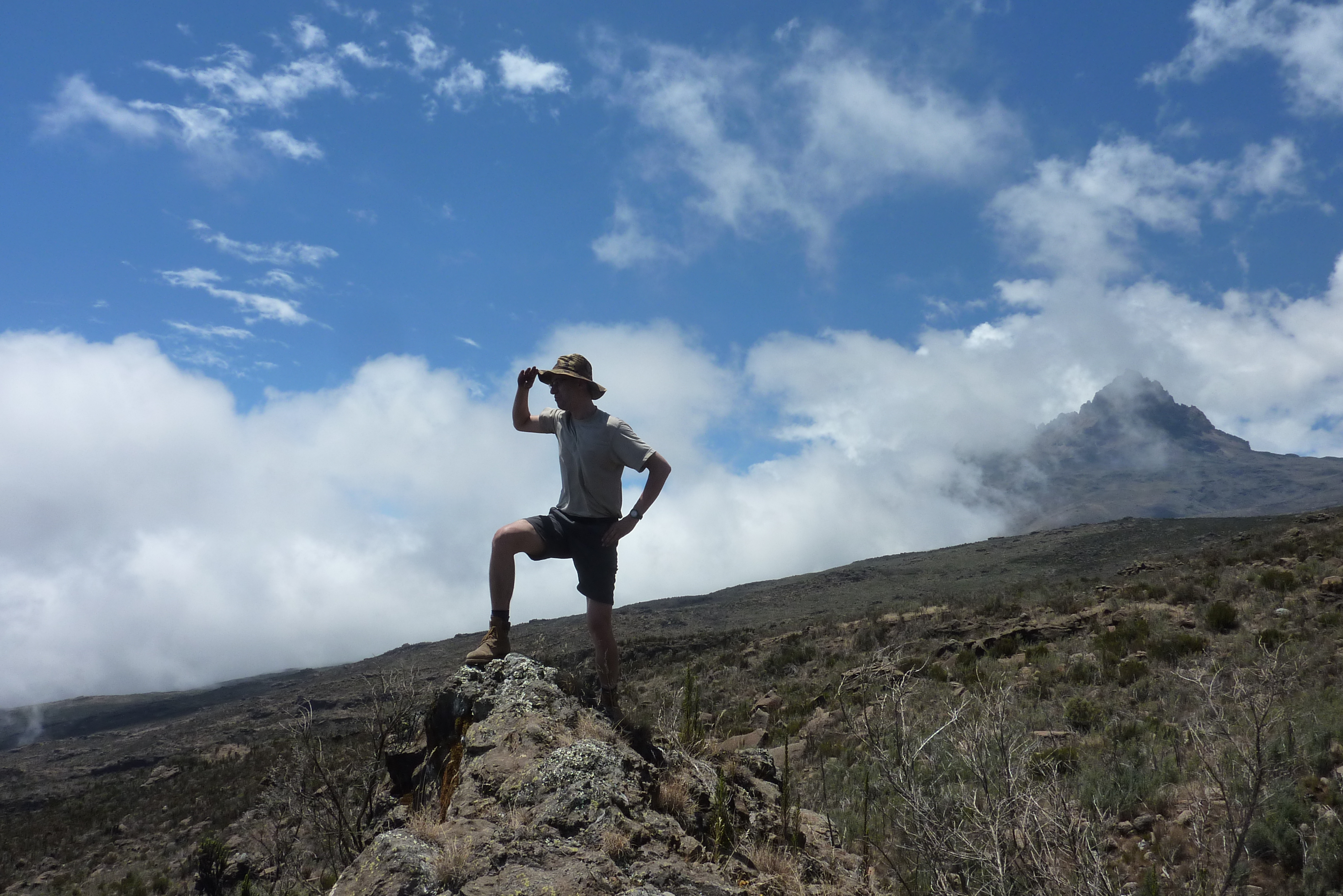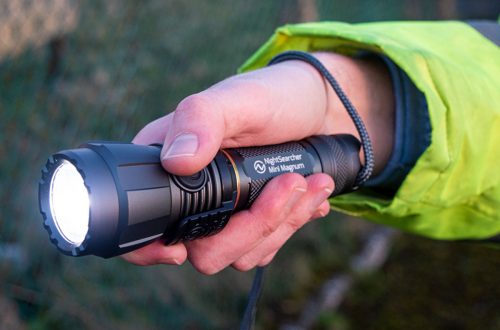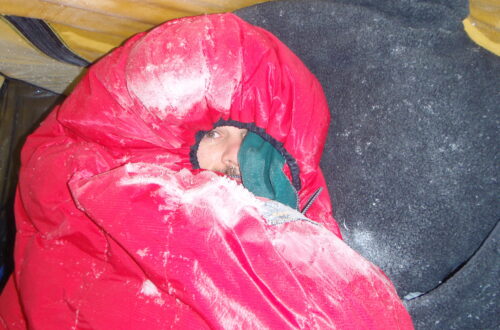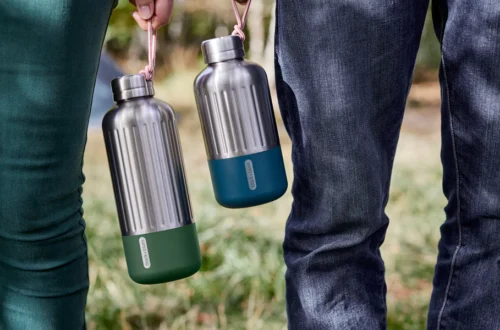
High Altitude Acclimatization: How to’s for Smooth Adjustment
If you “Acclimatise” safely your body will respond and adapt; allowing you to enjoy the mountains
Basic – Climb High, Sleep Low
- Training helps to increase your VO2 max (maximal oxygen consumption)
- Climb at a pace that’s comfortable for you. (poli, poli / slowly, slowly..) it’s a marathon not a race
- Climb high, 300-400 meters a day and descend to a lower altitude to sleep.
- Never ascend to sleep at a higher elevation when experiencing symptoms of altitude illness.
- Difficulty sleeping, feeling short of breath? Propping yourself up will help with your breathing.
- Get enough sleep and take opportunities to rest whenever you can
- Stay well hydrated, drink lots of water 4-5 litres per day
- Take regular sips of water during your climb.
- Carb-loading – Cut back on foods high in fat.
- Avoid alcohol, sleeping meds and cigarettes.
- If you have trouble sleeping or dizziness and lack appetite, talk to your team leader. Maybe it’s time to take Diamox or similar.
- Try local remedies to cope with altitude (always check with your guide)
- Monitor yourself and be honest with the group.
- It is reputed that Viagra, the erectile dysfunction drug, may help protect against problems resulting from high altitudes; be aware lads, you may experience some interesting and possibly awkward side effects.
- https://www.adventurealternative.com/acclimatising-safely/
- Aerobic training will teach your body to work hard on less oxygen while elevation training will strengthen your muscles to better handle the altitude gain.
*Walk with your head up, suck it all in – take plenty of pictures. You may pass this way only this once!
Mountain Sickness AMS
- Learn to recognize the signs of AMS …. Acute Mountain Sickness .
- The signs of AMS, include headaches, dizziness, rapid pulse, increased heart rate, nausea
- Severe cases will experience confusion and decreased coordination.
- If you feel the symptoms, immediately speak to your guide and descend at least 1,000ft.
- Acetazolamide and Dexamethasone can help reduce the severity of acute of AMS.
- In a lower altitude the symptoms will leave you; once they are gone, enjoy a couple of days R & R, then you can start up again.
*Health and Safety’s Mountain’ Mantra; “better safe than sorry”.



